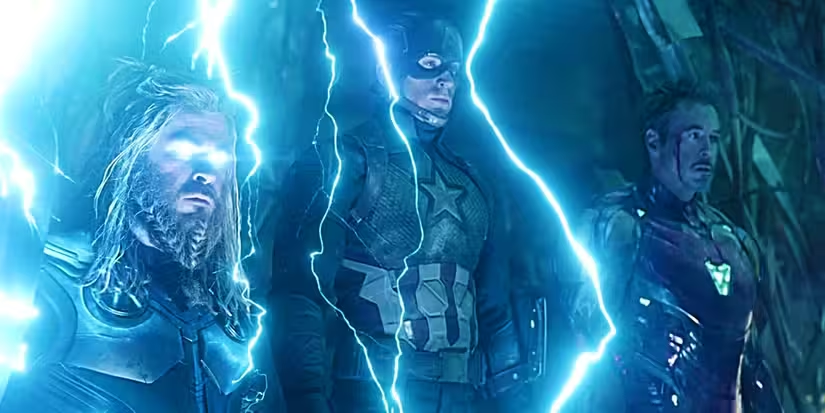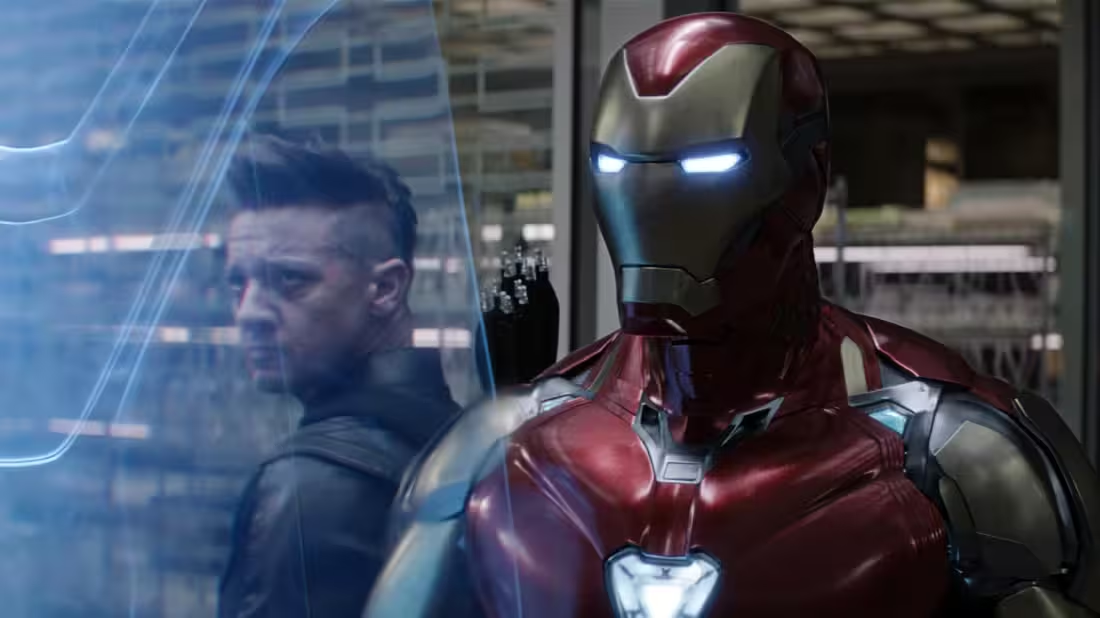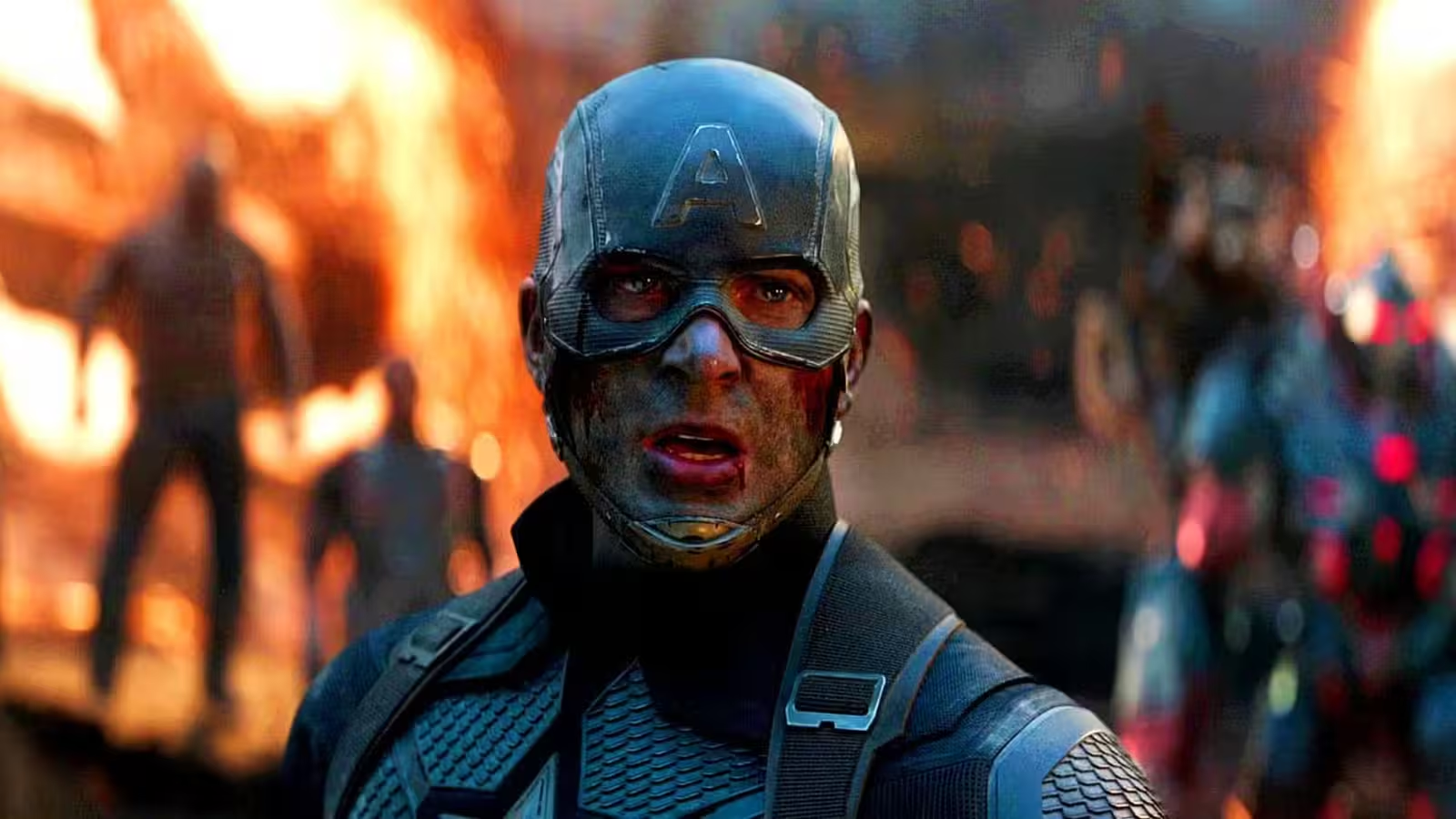5 Minutes
How Endgame Became the MCU’s Definitive Marathon
Avengers: Endgame stands apart in the Marvel Cinematic Universe not just for its emotional beats and blockbuster action, but for its runtime. Clocking in at roughly 181 minutes (3 hours and 1 minute), Endgame outpaces nearly every other MCU entry by a significant margin. In a franchise where many films hover around the two-hour mark, a three-hour superhero saga is a notable exception — and it helped the movie feel like a true cinematic finale.
Longer Superhero Movies: A Trend Rooted in Fantasy and World-Building
Superhero films often borrow structural DNA from fantasy epics: sprawling casts, complex lore, and stakes that demand time to breathe. The longer runtime common to fantasy — think Peter Jackson’s Lord of the Rings trilogy — creeps into comic-book cinema when directors must balance spectacle with character resolution. In the MCU, that translates to multiple heroes, intersecting arcs, and emotional catharses that can’t be rushed.
Comparisons: Endgame vs. Other Long Films
Endgame’s 181 minutes compare interestingly with other long-form blockbusters. Avengers: Infinity War runs about 149 minutes, Black Panther: Wakanda Forever comes in at roughly 161 minutes, and other genre epics like The Lord of the Rings: Return of the King exceed 200 minutes in extended cuts. Christopher Nolan’s Dark Knight Rises is also long by superhero standards (164 minutes), but Endgame is distinct for juggling an unusually high number of legacy characters and story threads.

Why the Extra Time Was Necessary
Endgame is the culmination of the Infinity Saga — a storyline spanning more than a decade and over 20 films. The narrative required time for: closure on long-running arcs; a respectful farewell to central characters; and the logistical demands of giving dozens of heroes meaningful moments. Practically speaking, the film also needed room for emotional pacing: the grief, the planning sequences, the time-travel set pieces, and the final, monumental battle.
Behind the Scenes: Editing, Reshoots, and Ensemble Logistics
The film’s length reflects intense behind-the-scenes complexity. Coordinating VFX-heavy set pieces, arranging schedules for returning actors, and carefully editing to balance humor and heartbreak all contributed to a longer cut. Reshoots and editorial tweaks helped sharpen character moments — decisions that, while adding runtime, amplified the payoff for long-time fans.
Reception and Cultural Impact
Fans and critics largely celebrated Endgame’s ambition. Box-office records and emotional resonance showed that audiences were willing to commit to a longer cinematic experience when storytelling justified it. Yet some critics flagged pacing issues in the film’s middle acts, arguing that a tighter edit might have made certain sequences leaner. Even so, many moviegoers appreciated the film’s willingness to slow down for character beats instead of racing from action set piece to action set piece.
'Endgame succeeds because it treats its characters and audience with respect — it gives them time to grieve, plan, and win,' says Elena Marquez, a cinema historian. 'That kind of sprawling closure is rare in franchise filmmaking; it’s both a risk and, ultimately, a reward.'

What This Means for the Future of Franchise Filmmaking
Endgame revealed that blockbuster audiences will accept longer runtimes if the story earns it. As streaming and theatrical windows evolve, studios may feel freer to let franchise finales breathe. However, the lesson isn’t 'longer is better' but rather 'purposeful length is powerful' — extra minutes must serve plot, character, or world-building to justify their presence.
Trivia and Fan Notes
Interesting tidbits: Endgame’s climax reunited dozens of characters in one stadium-sized sequence; the film’s score and leitmotifs intentionally mirror earlier MCU themes; and its box-office success briefly pushed it to the top of global charts, demonstrating that epic length can pair with mass appeal.
Conclusion: A Runtime That Matched the Moment
Avengers: Endgame remains the MCU’s longest film because it had to be. Its extended runtime allowed filmmakers to tie up years of storytelling, honor fan investment, and stage an ending that felt deserved. For viewers and creators alike, Endgame is a reminder that when a franchise invests in thoughtful closure, audiences will stick around for the final chapter.
Source: screenrant


Leave a Comment